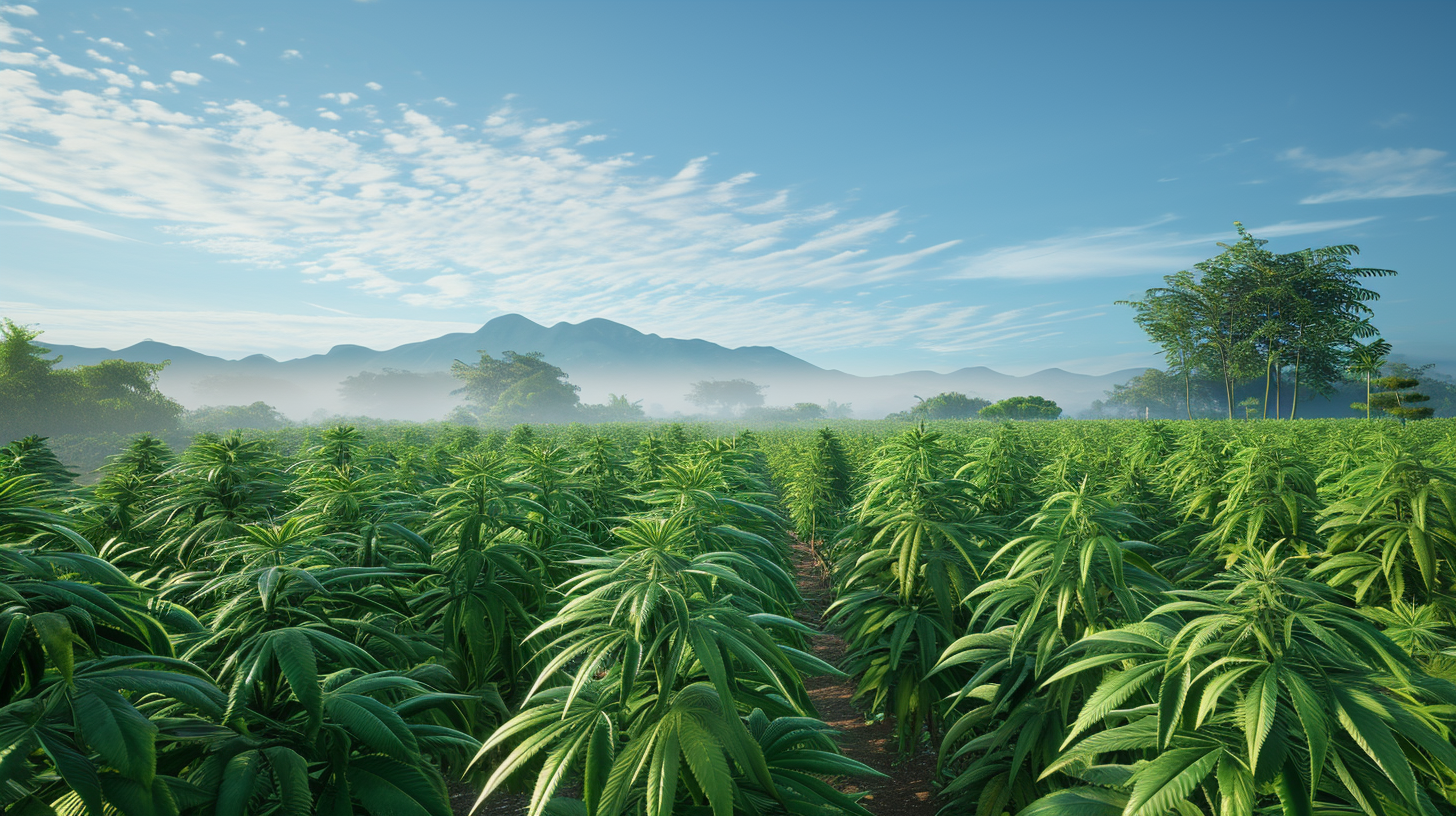- Why It Matters: Thailand’s evolving cannabis laws reflect a progressive approach to cannabis use, focusing on medical benefits and controlled recreational use.
- The Big Picture: The new legislation aims to clarify misconceptions about cannabis, emphasizing its medical applications and controlled cultivation.
- Zoom In: The proposed laws distinguish between THC and CBD, aiming to regulate cannabis use without stifling its potential benefits.
- What To Watch: The impact of these laws on public health, the economy, and the social fabric of Thailand.
In recent developments, Thailand is poised to introduce new cannabis legislation, aiming to balance public health concerns with the potential benefits of cannabis. The proposed laws, expected to be reviewed by the Cabinet by the end of January, mark a significant shift in the country’s approach to cannabis regulation.
Dr. Cholnan Srikaew, Thailand’s Minister of Public Health, emphasized that the new laws would require permits for cannabis cultivation, distinguishing between personal, medium-scale, and industrial cultivation. This move aims to prevent misuse while allowing legitimate medical and economic uses of cannabis.
The legislation also addresses the THC content in cannabis products, setting a threshold to differentiate between narcotic and non-narcotic components.
Recent incidents involving youths and cannabis have raised concerns in the Thai community. In one case, three teenagers consumed kratom mixed with cannabis, leading to claims of hallucinations and a violent incident. This highlights the need for clear laws and public education about cannabis use, especially among the youth.
The new legislation is expected to clarify the use of cannabis for recreational purposes, with strict regulations to prevent misuse. The focus remains on promoting cannabis for medical and health benefits, aligning with the government’s policy to enhance the economic value of cannabis while ensuring public safety.
Original Source: Matichon
